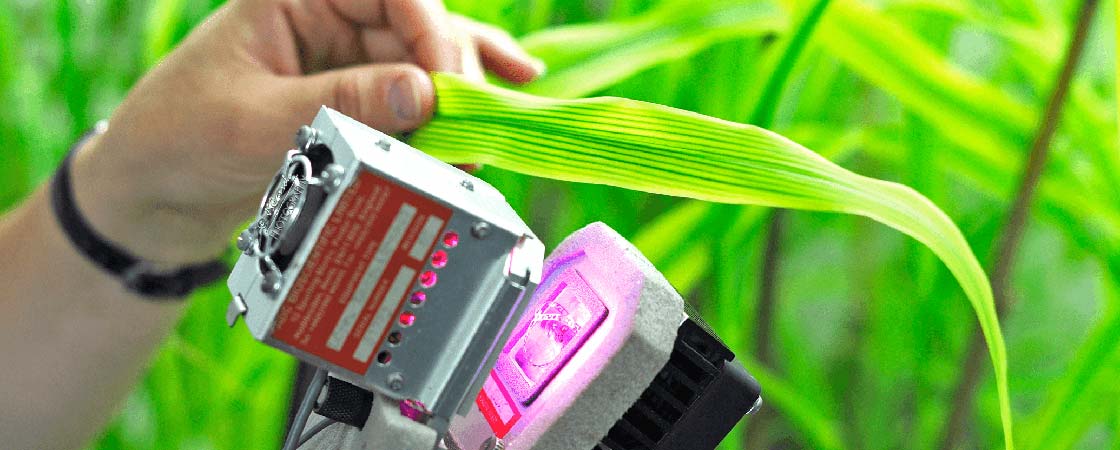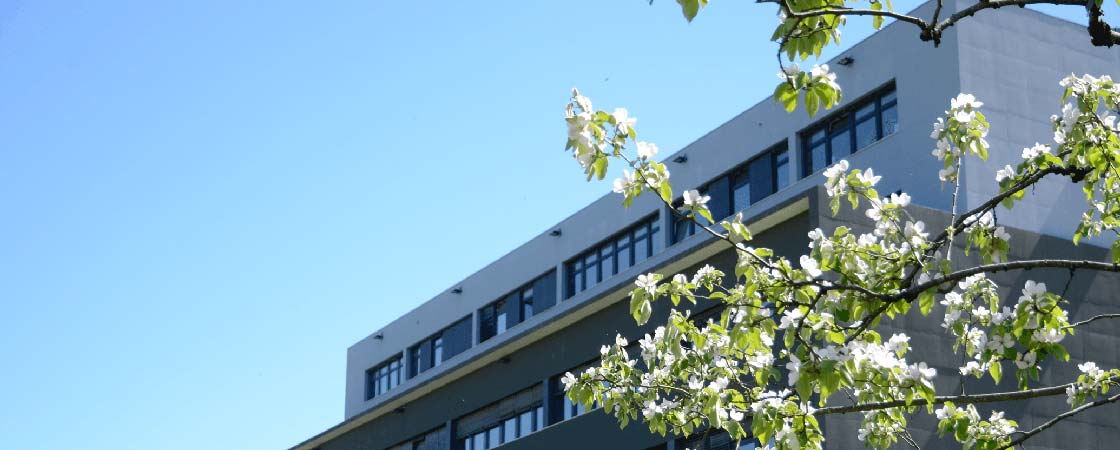Welcome to CITAB
The scope of CITAB - Centre for the Research and Technology of Agro-Environmental and Biological Sciences - is on fostering more competitive & sustainable agrarian value chains, resilient to climate change. Our research is mainly devoted to transferring knowledge to stakeholders, creating added value in the different stages of the value chain, developing sector-specific climate change adaptation and mitigation strategies, and promoting innovative, healthy and safe foods while, at the same time, protecting natural resources and biodiversity.
The CITAB’s main strength relies precisely on its holistic approach to different challenges through the integration of a wide spectrum of expertise and knowledge. The CITAB team is indeed multidisciplinary from its initial conceptualization, with researchers with scientific backgrounds ranging from fundamental sciences, such as biology, biochemistry and geophysics, to agronomical and forestry sciences, ecology and technology. CITAB encompasses vast expertise in natural resources, such as water, soil and genetics resources, biodiversity, landscape management and climatology, as well as in plant physiology, crop systems and protection, soil health and management, valorization of bio-products and co-products, circular economy, and food science.
Implemented in 2015, the Strategic Project presented a new phase in the life of CITAB, characterised by a more streamlined approach, focused on two thematic areas that contribute to resolving societal and private sector issues in agriculture and forestry production chains and their impact on the natural environment: “Sustainability of Agri-food and Forestry Ecosystems in a Changing Environment”; and “Technology & Innovation in Agri-food and Forestry chains for a more competitive bioeconomy”. The Strategic Project aims to balance scientific excellence with benefits and consequences across multiple dimensions that embrace environmental sciences and socioeconomic needs.
Mission & Vision
CITAB is fully committed to collaborating and consulting stakeholders to understand their actual needs, problems or constraints. We follow multidisciplinary and integrated approaches towards the identification of solutions, creating new opportunities in the agri-food and forestry production chains. We are strongly committed to improving the competitiveness and sustainability of agrarian value chains, whilst developing holistic approaches to protect, improve and maintain ecosystems, and the services they provide, and promoting sustainable management of natural resources.
CITAB envisions contributing to the socioeconomic development of the Portuguese and European agrarian value chains through strong collaboration with stakeholders, exchanging knowledge and addressing their needs by incorporating innovative scientific and technological solutions.

Objectives
The CITAB's organisational structure is devoted to delivering multidisciplinary and integrated solutions to the agrarian value chains, while protecting natural resources, biodiversity and the environment. Our interventions in the different steps of a given value chain are defined based on comprehensive and systematised knowledge of the production systems, aiming at improving their competitiveness, by adding innovation and technology to the processes, but also promoting their sustainability, by protecting natural resources, biodiversity and increase resiliency to climate change.
Since its foundation, CITAB has been guided by the 4 I's policy: Interdisciplinary, Internationalization, Innovation and strong links to Industry. We define the following as critical priorities:
- Continuous contribution to socioeconomic development and sustainability of agrarian value chains;
- Strengthen knowledge & technology transfer to stakeholders;
- Increase funding, mainly from the private sector;
- Improve international recognition by peers and the general society;
- Increase international cooperation and mobility;
- Attract more highly-qualified researchers;
- Raise awareness of environmental problems;
- Actively respond to Sustainable Development Goals & Societal Challenges.

History
CITAB was a result of a merging process in 2007 between three existing R&D units at the Universidade de Trás-os-Montes e Alto Douro (UTAD): Centro de Estudos Tecnológicos, do Ambiente e da Vida (CETAV), Centro de Ciência e Engenharia Agrícola (CECEA) and Centro de Estudos em Gestão de Ecossistemas (CEGE). The selection of the CITAB members was based on key performance indicators to ensure high-scientific standards. Following the policy of attracting members out of its hosting institution, UTAD, CITAB currently comprises integrated members and collaborators from other national and international institutions and units. CITAB was classified as "VERY GOOD" in the FCT evaluations of 2008, 2015 and 2019.
Funding
From 2015 to 2018, the CITAB Strategic Project (POCI-01-0145-FEDER-006958) was funded by Portugal 2020, under the Operational Competitiveness and Internationalization Programme. In 2019, the Centre was supported by National Funds from FCT - Portuguese Foundation for Science and Technology, under the project UID/AGR/04033/2019. From 2020 onwards, CITAB has been supported by National Funds from FCT, under the projects UIDB/04033/2020, UIDP/04033/2020 and UID/04033/2025 (https://doi.org/10.54499/UIDB/04033/2020).